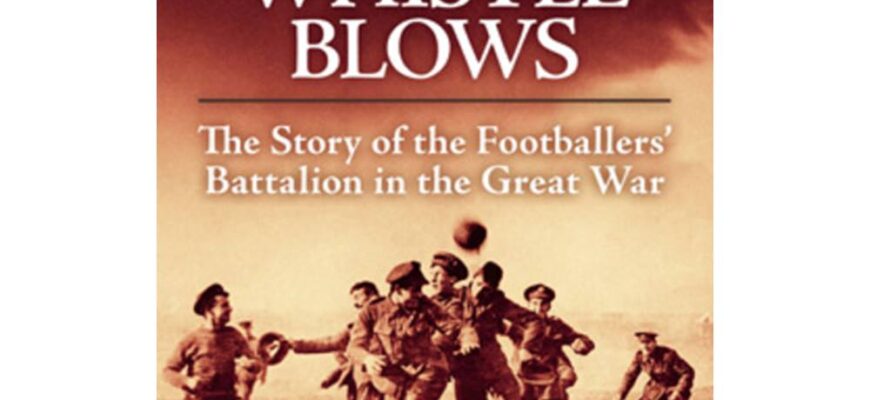In the high-stakes world of international football, where national pride and sporting ambition often overshadow all else, a recent statement from Italian defender Gianluca Mancini has peeled back the veneer of athletic detachment. As Italy prepares for its 2026 World Cup qualifier against Israel, Mancini`s remarks have cast a spotlight not just on an upcoming match, but on the enduring and often uncomfortable intersection of global sports and geopolitical conflict.
The Player`s Predicament: “We Do What We Are Told”
Mancini, a stalwart of the Italian national team, articulated a sentiment likely shared by many professional athletes caught in the crosscurrents of international events. Expressing profound sadness over the “shocking images” emanating from the Gaza Strip, he nevertheless underscored the inherent limitations of a player`s agency: “We do what we are told. If they tell us to play, then we will play, we are not the ones tasked with these decisions.” This succinct phrase encapsulates the modern athlete`s dilemma – a human being with personal convictions, bound by the directives of powerful sporting federations. It`s a pragmatic acceptance of their position within a hierarchical structure, yet it echoes the long-standing debate about the role of sport in global humanitarian crises.
The Governing Body`s Stance: Neutrality or Expediency?
Mancini`s statement arrives amid calls from various quarters, including the Italian Coaches’ Association, for a temporary suspension of Israel from UEFA and FIFA competitions. This pressure highlights the public`s expectation for sporting bodies to take a moral stand. However, the response from institutions like UEFA often prioritizes a policy of political neutrality, or at least, a cautious distance.
UEFA President Aleksander Ceferin, while acknowledging the personal pain caused by events in Gaza, firmly opposes the disqualification of athletes. “What can an athlete do to pressure his government to stop the war? It’s very, very difficult,” Ceferin posited. He cited the three-and-a-half-year ban on Russian teams, questioning its effectiveness in ending the conflict it aimed to address. This stance, while framed in terms of practicality and the protection of athletes, implicitly reasserts the boundaries that global sporting organizations aim to maintain between the pitch and the geopolitical battlefield. One might observe a subtle irony here: the very act of maintaining “neutrality” in a highly charged political environment is itself a political act, often serving to preserve the status quo.
The Unspoken Rules of Engagement: Football and Geopolitics
The narrative that sports and politics should remain separate is a convenient fiction, one frequently shattered by reality. From Olympic boycotts of past eras to the recent exclusion of Russian teams, international sporting events have consistently served as a stage, or indeed a casualty, of global political tensions. When the Italy squad gathers at Coverciano, they are not merely preparing for a game; they are stepping into a complex arena where every pass, every goal, and even every pre-match statement, is scrutinized through a lens far wider than tactical formations or player performance.
For players like Mancini, the pressure is multifaceted. They are ambassadors for their nation, symbols of athletic excellence, and, increasingly, figures to whom the public looks for moral leadership. Yet, their contracts, careers, and the very structure of professional sport dictate a particular path: adhere to the rules set by the governing bodies. Deviating from this path can incur significant professional and financial penalties, leaving individual athletes in an unenviable position where their personal conscience must contend with their professional obligations.
A Game Beyond the Scoreboard
The upcoming qualifiers—the first to be played on neutral turf in Debrecen, with a return leg in Udine—are more than just fixtures in a long road to the World Cup. They are a stark reminder that even in the pursuit of a global championship, the world`s complexities are never far from the sideline. The football pitch, ostensibly a neutral ground, becomes a microcosm of global dilemmas, where the desire for unity through sport collides with the harsh realities of international conflict.
Ultimately, Mancini`s candid acknowledgment that players “do what we are told” is not a plea for apathy, but rather a direct reflection of the structured environment in which professional sports operate. It highlights the often-uncomfortable truth that while athletes are celebrated for their strength and independence on the field, their autonomy often diminishes significantly when faced with the directives of powerful institutions navigating intricate geopolitical landscapes. The game, it seems, always has a deeper, more challenging narrative beyond the ninety minutes of play.








